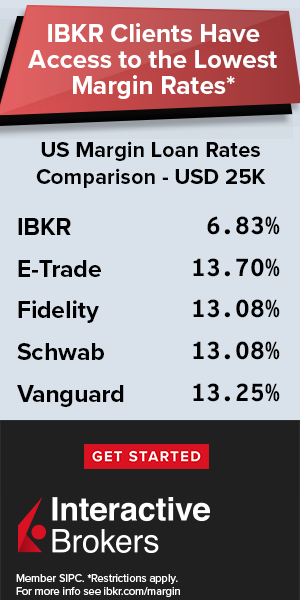BHP Billiton (LSE:BLT) apparently ascribes to the policy of “Don’t ask for permission. Ask for forgiveness.” Reasonble certain that their legal department has found a loophole in a long-standing ban on export of U.S. crude oil, the Anglo-Australian energy giant has set in process a plan to act without permission. That could be risky business. BHP share price was up 0.56% today to 1,619.50.

Under current U.S. law, exportation of U.S.-originated crude oil is legal, but only with explicit permission from several U.S. government agencies. BHP is betting on global commercial and political displeasure with the nearly 40-year-old legislation that was originally intended to protect the U.S. North American oil assets during short supply.
Inside the U.S., politicians and bureaucrats are at odds over maintaining the ban. It appears as though BHP has decided to test the waters, so to speak, whilst the U.S. has been busy politicking for Tuesday’s elections and heads now into the end of the Congressional calendar and prepares for the new, Republican-controlled legislature.
Earlier this year, the explicit permission, that BHP has not requested, was given to to applicants Pioneer Natural Resources (NYSE:PXD) and Enterprise Product Partners (NYSE:EPD). While other major oil firms continue to protest the ban for their own commercial prosperity, BHP Billiton has decided to take matters into its own hands, using the PXD and EPD permissions as a precedent to ignore the U.S. bureaucracy altogether. It is likely that BHP attorneys have calculated the potential cost of acting now and asking forgiveness later and determined that the reward outweighs and potential punishment. After all, this is not the Deepwater Horizon.
BHP is also taking advantage of some fuzzy rulings regarding the matter of “self-classification” by oil companies for their own products. It would not take a rocket scientist to classify a product so that it falls outside the boundaries of the Departments of Commerce and Energy’s rulings. Senate Democrats have made it even easier for BHP by setting a precedent of their own, indicating that “the Commerce Department does not appear to possess the authority to issue exemptions for condensates are some subset of condensates from the crude export restrictions.” Therefore, one may successfully argue that, since the department does not have that authority, Pioneer and Enterprise did not actually secure explicit consent to ship.
I’m not a lawyer, but the BHP argument sounds more than a bit like the argument that, “That’s not fair. He did it. Why can’t I?” Regardless, given the growing amount of pressure on the U.S. government to life the ban, it is difficult to see BHP losing this bet. A company representative said, “We took the necessary time to thoroughly examine the issues involved and ensure that the processed condensate was eligible for export.”
Don’t think for a minute that they examined only the wording of the ban and its ancillary documentation. No doubt they also spoke with other oil majors to determine what level of support they may have. Then there’s the Council on Foreign Relations, a powerful, quasi-patriotic group of insiders whose agenda is building a level playing field for a new world order.
In a recent report the CFR concluded that, “Without compelling reasons for continuing to restrict crude exports, and given the potential benefits, Congress should liberalize the crude oil export regime. Republicans and Democrats alike, including President Obama, express support for boosting U.S. exports in general. Crude oil should be no exception. Some observers might object to exports on the grounds that U.S. oil production could fall short of today’s optimistic forecasts or that exports will cause gasoline prices to rise. These should not be major concerns. U.S. crude exports are self-limiting: if the supply gains expected do not materialize, the market will induce producers to keep the oil at home rather than to send it abroad. Though the companies that benefit from today’s export restrictions might oppose any change in the status quo, the broader gains available to the United States from allowing crude exports make it the far better choice.”
BHP will reportedly sell the condensate to Vitol, the world’s largest independent oil trader based in Switzerland. Vitol CEO Ian Taylor called on European leaders this week to continue the pressure on the U.S. to lift the crude export ban. He remarked that “There’s no doubt there’s going to be more and more lobbying for the free flow of crude oil.”
The ban was put into place during the 70’s OPEC oil embargo. What happens next? Who knows? Either BHP is going to be facing the wrath of the U.S. government or it will be the standard bearer for the world oil industry.


 Hot Features
Hot Features













